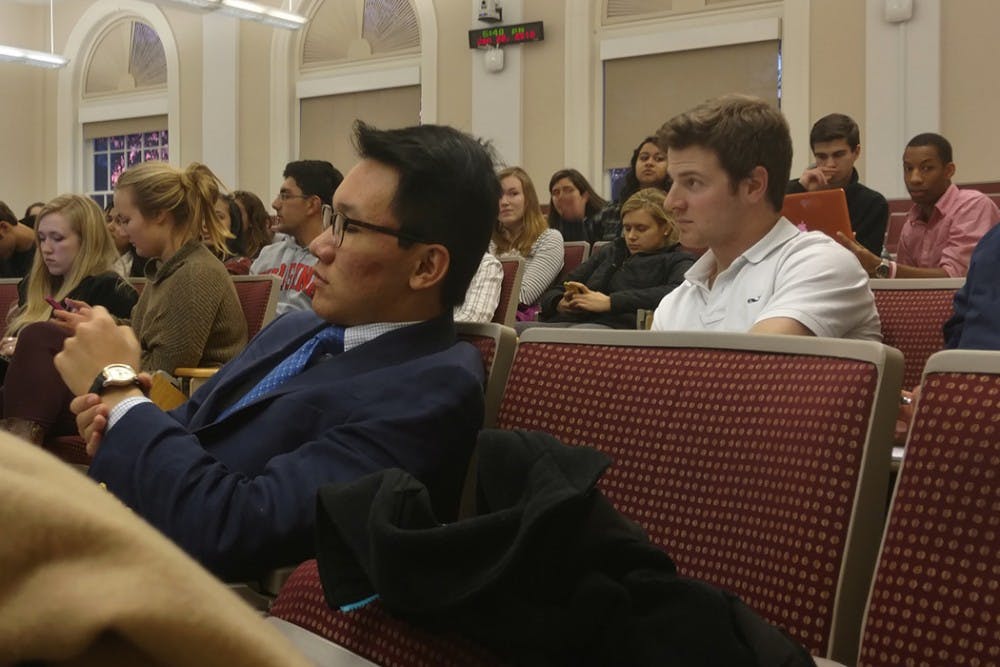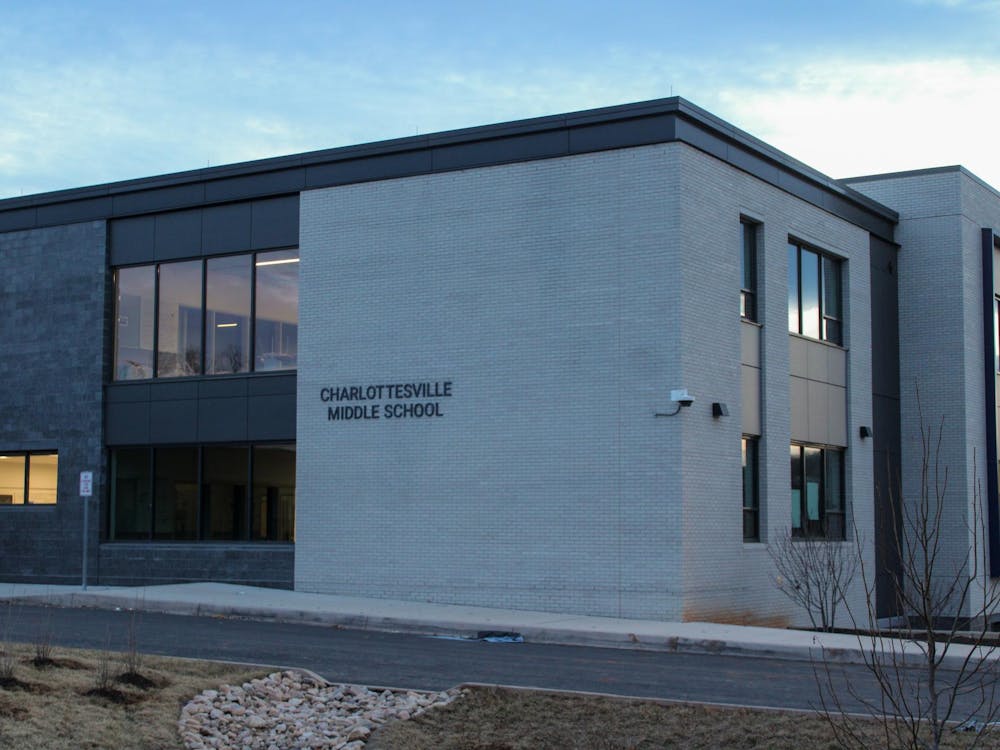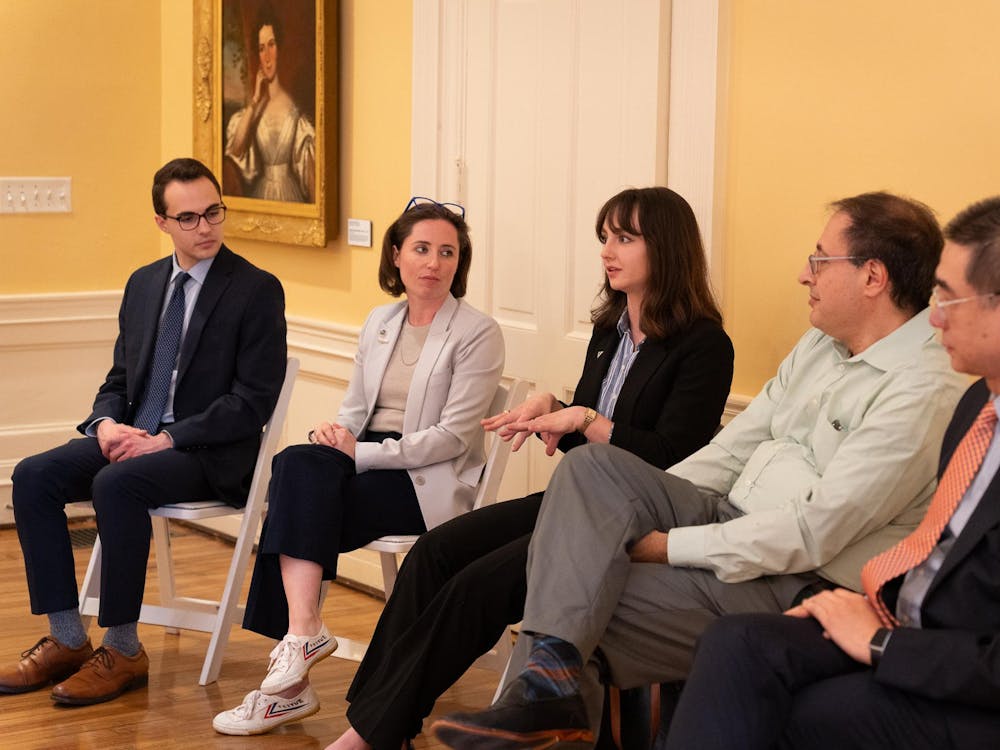The First, Second and Third Year Council general bodies met Jan. 28 for a constitutional convention to discuss proposed changes to the Second and Third Year Councils’ and Fourth Year Trustees’ constitutions. The convention was spearheaded by the leadership of the third year class.
Third Year Council passed these amendments, but Second Year Council did not.
The First Year Council was present even though its constitution was not discussed because changes made to the second-year constitution will ultimately not be implemented until the following year. The first year class would be affected by the changes and would vote on them in the spring if any amendments had passed.
While the Second Year Council constitutional changes did not pass, the second years will be the ones voting in the spring on the Third Year Council’s constitution amendments.
“The class of 2018 will be voting on the amendments that were proposed and approved to go on vote by the current Third Year Council because it will be inherently our constitution for the next year,” Malcolm Stewart, second-year class president and College student, said.
Lital Firestone, third-year class president and Batten student, said the constitution hasn’t been amended in 13 years and was outdated.
“For example, it said the class council will be made up of 30 people, and obviously every class council is bigger than that because the school has gotten bigger, so there were just small things like that that were out-of-date,” Firestone said.
Firestone said some amendments were proposed to alter the structure of the council.
“There were other things that we thought would be a good idea to make sure we hold all council members and executive members accountable, whether that’s an attendance policy, or making it clearer what the impeachment process is, or creating a more effective way of selective council members to make sure that it’s a fair process,” Firestone said.
One amendment aims to add a new objective of establishing an “inclusive environment” to celebrate “diverse student backgrounds and initiatives” in the constitution’s core objectives.
“I think that’s something that’s become very important in general to students at U.Va., and we wanted to make sure that every class council could reflect that initiative,” Firestone said.
All of the proposed amendments passed the general body of Third Year Council by vote and are subject to further approval by Vice President and Chief Student Affairs Officer Pat Lampkin.
If approved, the amendments will be passed on to referenda to be voted on by the entire third-year class.
“I don’t know why anything in there would not get approved by them, but of course they could have their own grievances for whatever reason, but I don’t see why they would,” Stewart said.
The Third Year Council will now enter the process of getting petitions from people in the class to present the same constitution for the Fourth Year Trustees’ constitution.
Old language specific to the Fourth Year Trustees’ constitution requires a certain percentage of the class’s signatures in order to even get a constitution on the ballot.
The Second Year Council did not pass any of the proposed amendments.
“Because of the time constraint, we didn’t have the luxury of being able to put each of these referendums [sic] alone, so they all went up as a whole, and so they would be voting on taking all of these or nothing instead of each individual one,” Stewart said.
Stewart said he thinks some of the constitutional amendments could succeed in the future.
“I definitely think there are a couple things that will come up again and people will want to change, but at the same time I think that given more time we could probably do better and work these changes better into the constitution, so it’s not something that will have to keep getting amended every year, but a long-lasting change,” Stewart said.







